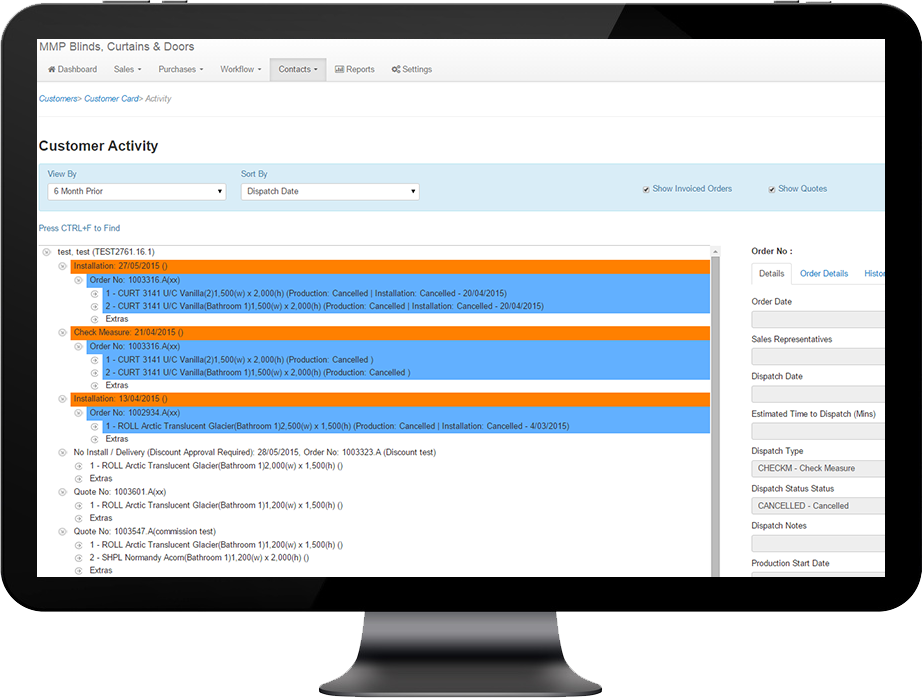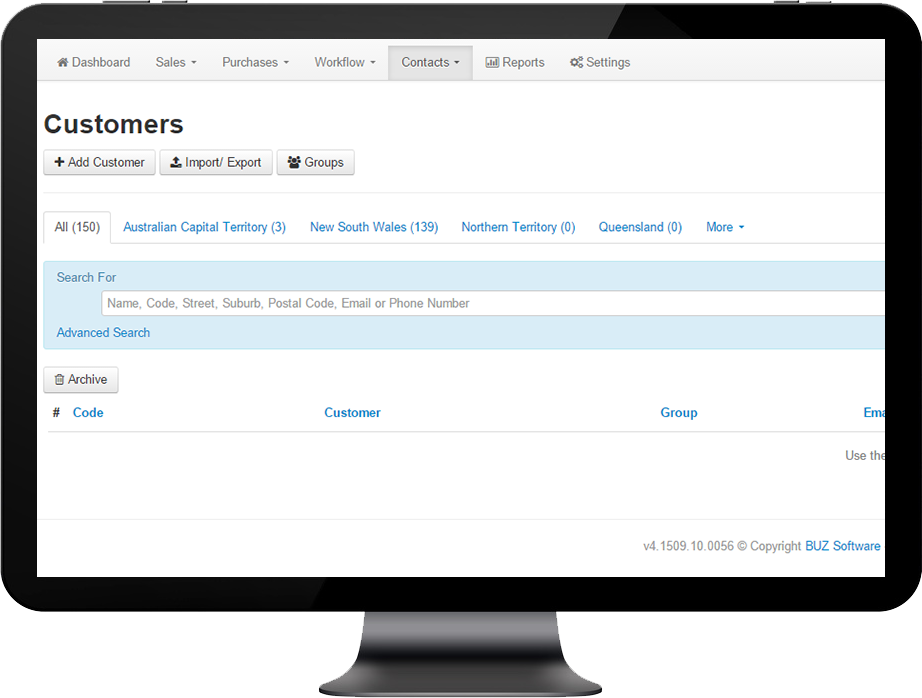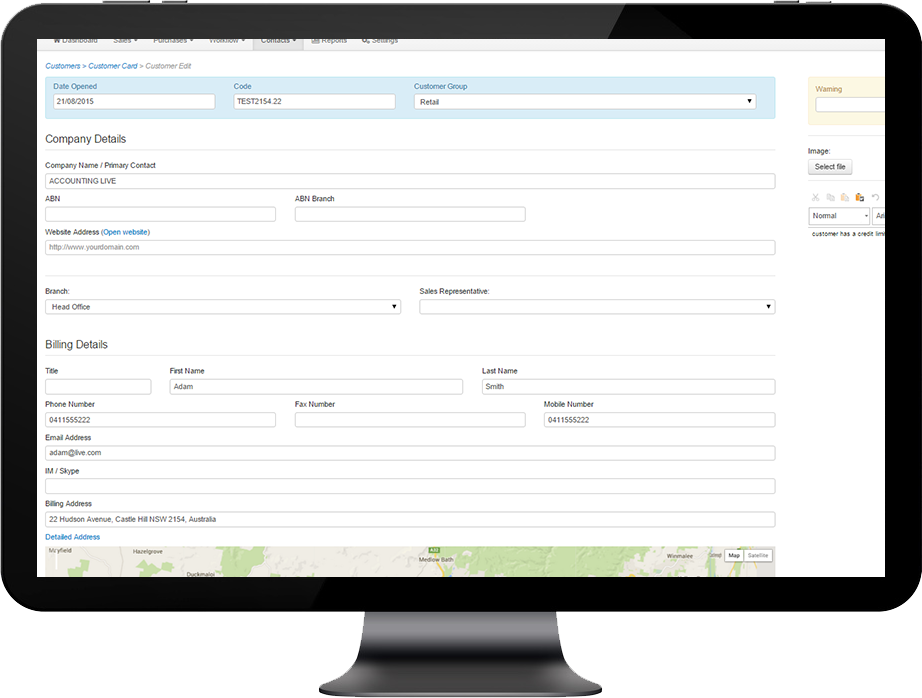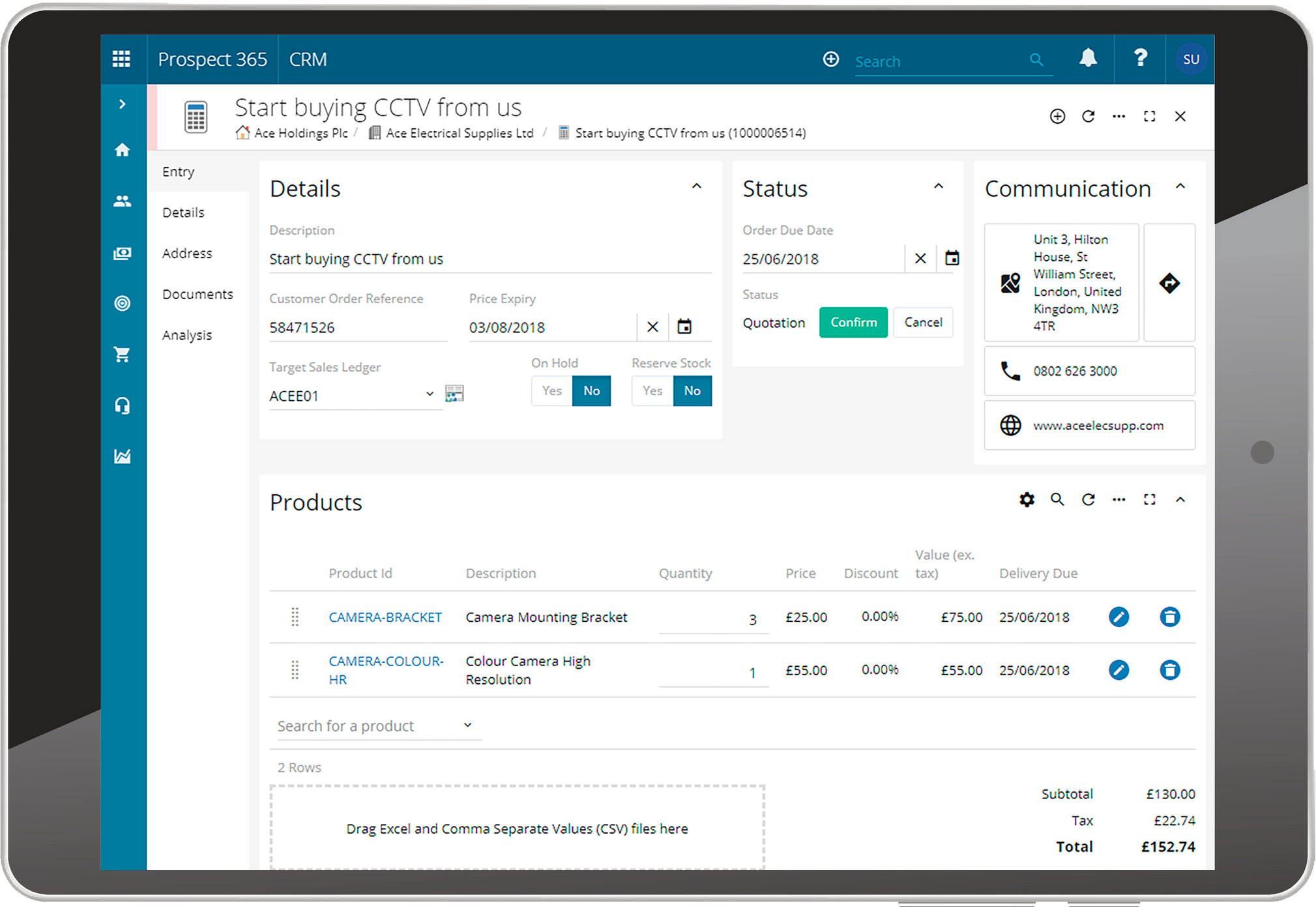Embark on a journey into the realm of wholesale CRM software, where businesses unlock unprecedented opportunities to streamline operations, enhance customer relationships, and propel growth. Dive into the essential features, benefits, and considerations that empower wholesale businesses to thrive in today’s competitive landscape.
With its ability to seamlessly integrate inventory management, order processing, and customer relationship management, wholesale CRM software emerges as a game-changer, empowering businesses to achieve operational excellence and drive profitability.
Features and Capabilities of Wholesale CRM Software

Wholesale CRM software is a specialized tool designed to meet the unique requirements of wholesale businesses. It offers a range of essential features and capabilities that streamline operations, improve customer relationships, and boost profitability.
One of the key features of wholesale CRM software is its ability to manage inventory effectively. This includes tracking stock levels, forecasting demand, and optimizing inventory levels to minimize costs and prevent stockouts. The software also simplifies order processing, allowing businesses to automate tasks such as order entry, order tracking, and shipping.
Customer Relationship Management
Another important aspect of wholesale CRM software is its focus on customer relationship management (CRM). It provides a central platform for managing customer data, including contact information, purchase history, and communication preferences. This enables businesses to track customer interactions, identify opportunities for cross-selling and upselling, and provide personalized service.
Benefits of Using Wholesale CRM Software

Wholesale CRM software offers numerous benefits that can transform the operations of wholesale businesses. By implementing a CRM system, businesses can experience significant improvements in efficiency, productivity, and profitability.
Improved Customer Relationship Management
CRM software centralizes customer data, making it easily accessible to all relevant teams. This allows businesses to track customer interactions, preferences, and purchase history, enabling them to provide personalized and tailored experiences. By understanding customer needs and building stronger relationships, businesses can increase customer satisfaction and loyalty.
Increased Sales Productivity
CRM software automates many sales processes, such as lead generation, contact management, and order tracking. This frees up sales teams to focus on high-value activities, such as building relationships and closing deals. Additionally, CRM systems provide real-time insights into sales performance, allowing managers to identify areas for improvement and optimize their sales strategies.
Enhanced Efficiency and Collaboration
CRM software streamlines communication and collaboration between different departments within a wholesale business. By having a central platform for sharing information, teams can avoid duplication of effort and ensure that everyone is working from the same set of data. This improves coordination and efficiency, leading to faster decision-making and improved outcomes.
Reduced Costs
CRM software can help wholesale businesses reduce costs in several ways. By automating tasks and improving efficiency, businesses can reduce labor costs. Additionally, CRM systems can help identify and eliminate duplicate processes, reducing waste and unnecessary expenses. Over time, these savings can accumulate and contribute to increased profitability.
Case Studies
Numerous wholesale businesses have experienced significant benefits from implementing CRM software. For example, a leading wholesale distributor in the electronics industry saw a 25% increase in sales productivity after adopting a CRM system. Another wholesale company in the food and beverage sector reported a 15% reduction in customer churn rate after implementing a CRM system that improved customer service and relationship management.
Implementation and Best Practices for Wholesale CRM Software

Implementing and leveraging wholesale CRM software effectively requires a well-structured approach and adherence to best practices. This guide provides a comprehensive overview of the steps involved, along with valuable tips and strategies to ensure a successful implementation and maximize the return on investment (ROI).
To ensure a seamless and efficient implementation, it is crucial to follow a step-by-step approach:
Step-by-Step Guide for Implementing Wholesale CRM Software
- Define Business Objectives:Clearly Artikel the goals and objectives that the CRM software aims to achieve for your wholesale business.
- Select the Right Software:Evaluate different CRM solutions, compare features, and choose the one that best aligns with your specific business needs and industry requirements.
- Data Migration:Plan and execute a comprehensive data migration strategy to transfer existing customer, product, and sales data into the new CRM system.
- User Training:Provide comprehensive training to all users on the functionality and features of the CRM software to ensure adoption and proficiency.
- Customization and Configuration:Tailor the CRM software to meet your specific business processes and workflows, including customizing fields, creating reports, and setting up automated tasks.
- Integration with Other Systems:Integrate the CRM software with other essential business systems, such as accounting, inventory management, and marketing automation tools, to streamline operations and improve data flow.
- Ongoing Maintenance:Establish a plan for ongoing maintenance, including regular software updates, data backups, and performance monitoring to ensure optimal functionality and security.
Best Practices for Data Migration
Data migration is a critical aspect of CRM implementation. To ensure accuracy and minimize disruption, follow these best practices:
- Data Cleansing:Before migration, clean and verify your existing data to remove duplicates, inconsistencies, and outdated information.
- Data Mapping:Establish a clear mapping between the fields in your old system and the corresponding fields in the new CRM software.
- Phased Migration:Consider a phased approach to data migration, starting with a small subset of data to test the process and identify any issues.
- Data Validation:After migration, thoroughly validate the data to ensure accuracy and completeness.
Best Practices for User Training
Effective user training is essential for successful CRM adoption. Implement these best practices:
- Identify Training Needs:Determine the specific training needs of different user groups based on their roles and responsibilities.
- Develop Training Materials:Create comprehensive training materials, including user manuals, tutorials, and interactive simulations.
- Provide Hands-on Training:Offer hands-on training sessions to allow users to practice using the CRM software in a real-world setting.
- Ongoing Support:Provide ongoing support and resources to users after training to answer questions and address any challenges.
Strategies for Maximizing ROI, Wholesale crm software
To maximize the ROI of your wholesale CRM software investment, consider these strategies:
- Align with Business Goals:Ensure that the CRM software implementation is closely aligned with your overall business goals and objectives.
- Measure and Track Key Metrics:Establish key performance indicators (KPIs) to track the impact of CRM software on sales performance, customer satisfaction, and other relevant metrics.
- Encourage User Adoption:Promote user adoption by involving stakeholders in the implementation process, providing ongoing training, and addressing feedback.
- Regular Review and Optimization:Continuously review the performance of your CRM software and make adjustments as needed to optimize its effectiveness.
Comparison of Popular Wholesale CRM Software Solutions

With the plethora of wholesale CRM software solutions available, choosing the right one for your business can be a daunting task. To help you make an informed decision, we have compiled a comparative table of popular wholesale CRM software solutions, highlighting their key features, pricing, and customer reviews.
By comparing these solutions, you can identify the one that best aligns with your specific needs and budget. Consider factors such as the size of your business, the industry you operate in, and your unique business processes when making your decision.
Popular Wholesale CRM Software Solutions
- Salesforce Essentials: A comprehensive CRM solution designed for small businesses, offering features such as lead management, opportunity tracking, and customer support.
- Zoho CRM: A cloud-based CRM solution that offers a wide range of features, including sales automation, marketing automation, and customer service.
- HubSpot CRM: A free CRM solution that offers basic features such as contact management, email tracking, and deal tracking.
- Microsoft Dynamics 365 Sales: A powerful CRM solution that offers advanced features such as artificial intelligence (AI), predictive analytics, and social selling.
- Oracle NetSuite CRM: A cloud-based CRM solution that offers a comprehensive suite of features for managing sales, marketing, and customer service.
To help you make a more informed decision, we recommend considering the following factors when comparing wholesale CRM software solutions:
- Features: Consider the specific features that are important to your business, such as lead management, opportunity tracking, customer support, and reporting.
- Pricing: Compare the pricing of different CRM solutions to find one that fits your budget.
- Customer reviews: Read customer reviews to get insights into the strengths and weaknesses of different CRM solutions.
Epilogue
In conclusion, wholesale CRM software has emerged as an indispensable tool for businesses seeking to optimize their operations, cultivate customer loyalty, and achieve sustainable growth. By embracing the latest innovations and best practices, businesses can harness the full potential of CRM software and position themselves for long-term success in the dynamic wholesale industry.